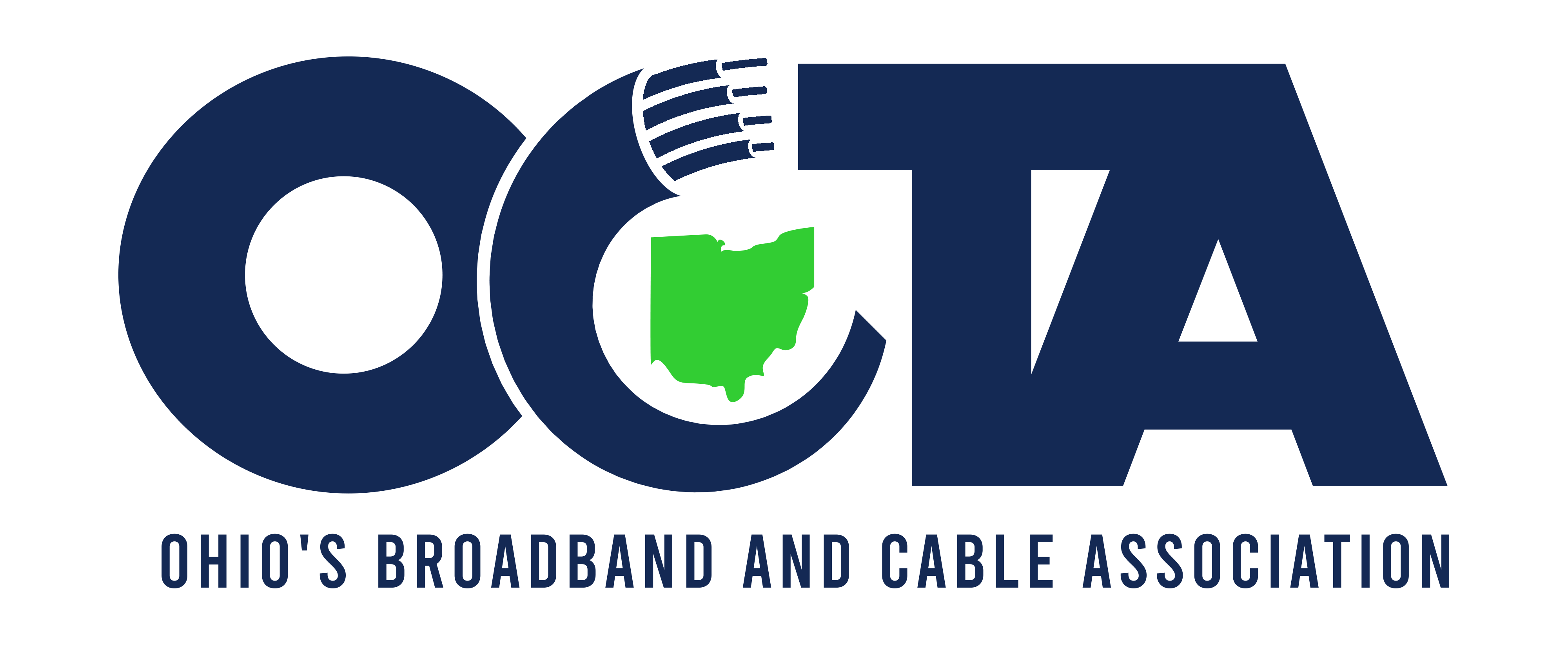Complete Story
04/28/2017
Why I'm trying to change how the FCC regulates the Internet
In 2012, Kevin Durant, James Harden and Russell Westbrook — all age 23 or younger — led the Oklahoma City Thunder to the NBA finals. But that team never got a chance to compete for another title, because the Thunder traded Harden away for fear that having three superstars would, someday, create salary cap concerns. How did that transaction work out? Harden is a perennial MVP contender for the Houston Rockets, Durant left for Golden State and Westbrook has struggled to hold the team together. Many Thunder fans would give anything to undo a trade motivated by speculative fears.
This story can be seen as a parable for Internet regulation. Two years ago, the federal government jettisoned an approach that was working in response to fears about what might happen at some point in the future. Beginning in the Clinton administration, there was for nearly two decades a broad bipartisan consensus that the best Internet policy was light-touch regulation—rules that promoted competition and kept the Internet “unfettered by federal or state regulation.” Under this policy, a free and open Internet flourished. The world’s most successful online companies blossomed right here in the United States. And American consumers benefited from unparalleled innovation.

